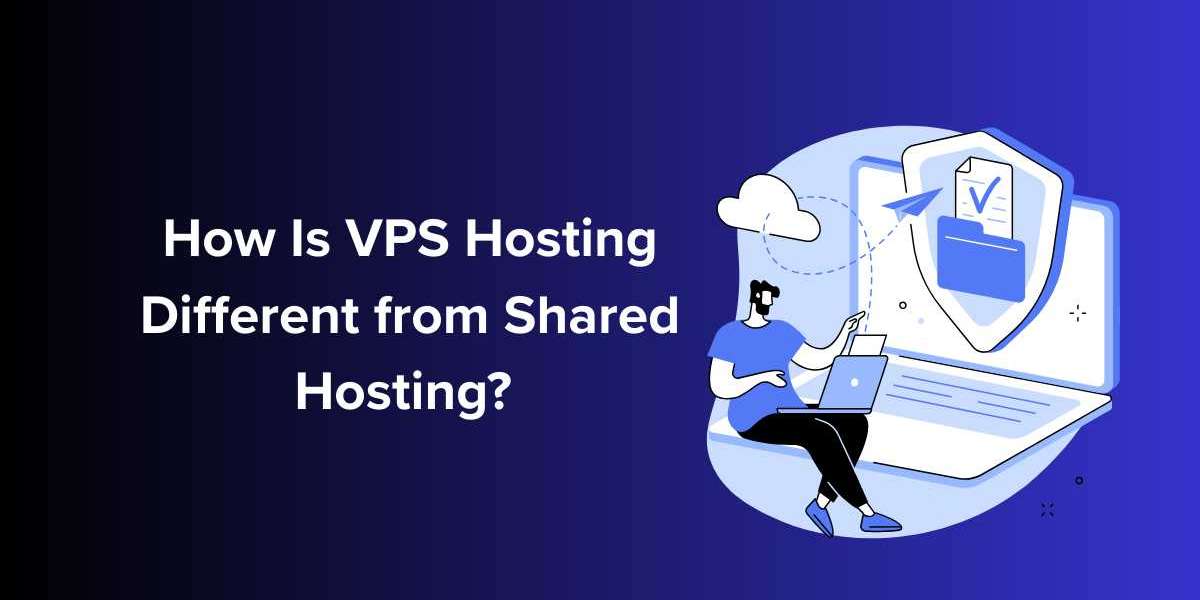If you're launching a website or scaling an existing one, choosing the right type of hosting can have a significant impact on performance, security, and control. Two of the most popular options are shared hosting and VPS hosting, but what distinguishes them?
Let's break it down in plain terms.
What is Shared Hosting?
Shared hosting is like renting a room in a house with several other people. You all share the kitchen, bathroom, and Wi-Fi. In hosting terms, your website shares CPU, RAM, and disk space with other websites on the same server.
It's the most budget-friendly option, ideal for beginners, small blogs, and low-traffic sites. However, when one website on the server experiences high traffic or consumes excessive resources, it can impact the others.
What is VPS Hosting?
VPS (Virtual Private Server) hosting gives you your own "virtual" space on a physical server. You still share the server, but your environment is isolated, with dedicated resources just for your site.
This means better performance, more customization, and stronger security. It's like having your own apartment in a building you control your space, even if the building is shared.
Key Differences That Matter
- Performance: VPS is faster and more reliable. Shared hosting can slow down during traffic spikes.
- Control: VPS offers root access. You can install custom software and tweak server settings.
- Scalability: VPS grows with you. Shared hosting is limited in resource upgrades.
- Security: VPS isolates your environment, reducing the risk of being affected by neighboring sites.
So, Which One's Right for You?
Choose shared hosting if:
- You're launching a basic site or blog
- Your traffic is low and predictable
- You want a hands-off, beginner-friendly setup
Go for VPS hosting if:
- Your site is growing or resource-heavy
- You want control over server settings
- You're running apps, eCommerce, or multiple websites
Hosting Provider Matters, Too
The quality of your hosting service makes a big difference. Even a VPS plan can underperform if the infrastructure is weak. That's why many developers and businesses turn to Arzhost known for reliable VPS solutions that deliver both speed and scalability without overwhelming costs.
Final Takeaway
Shared hosting is great when you're starting. However, as soon as your site starts growing or you need more power, VPS hosting provides the freedom and performance you need without requiring a dedicated server.
Pick the right option based on where your project stands today and where you want it to go next.







